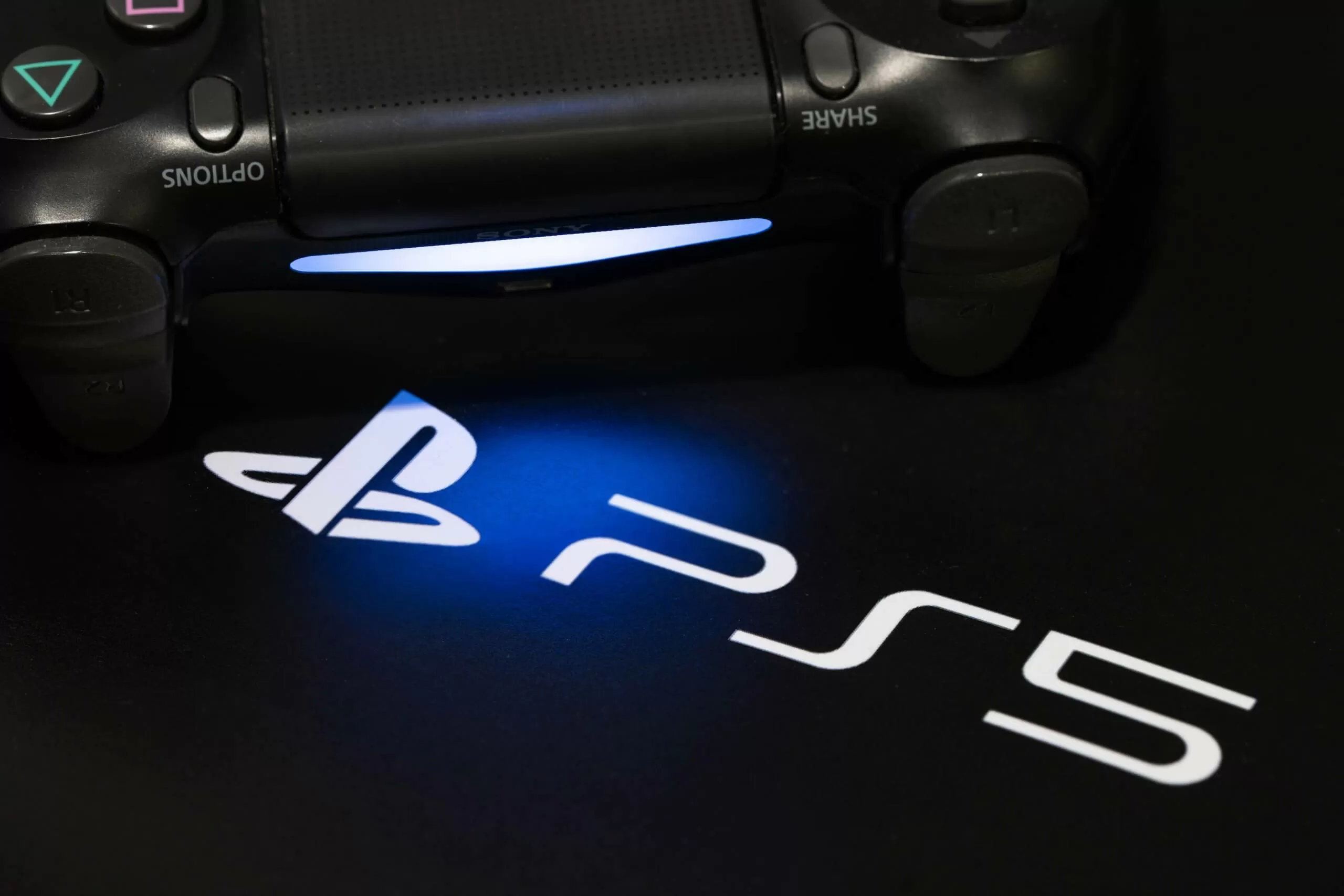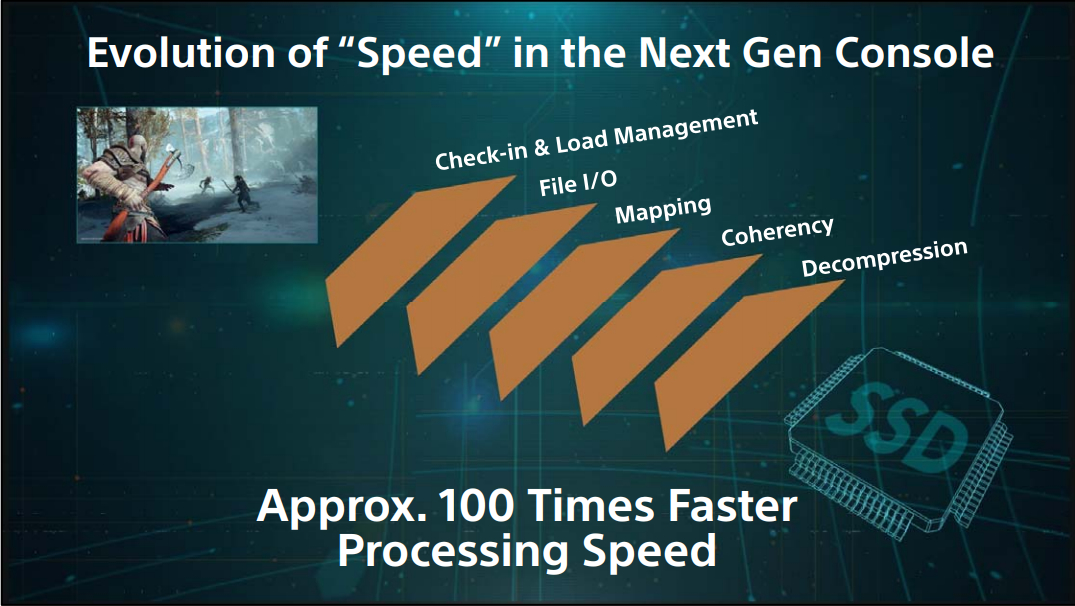Something to look forward to: We know the PlayStation 5’s solid-state drive is going to be one of the console’s stand-out features, offering some incredible speeds. Game developers and Sony have already praised the component as being a game-changer. Now, Epic has weighed in, revealing that the drive is so fast that they had to rewrite part of Unreal Engine 5.

By utilizing PCIe 4.0, Sony says its custom SSD can shift compressed data at a maximum of 9 GB/s—twice as fast as the Xbox Series X's 4.8 GB/s. After being decompressed, it can be processed at 5.5 GB/s, which again is about twice as fast as the 2.4 GB/s that Microsoft’s console can manage.
Epic recently showed off the Unreal Engine 5 tech demo, which was running on a PlayStation 5. In an interview with VG247, Nick Penwarden, VP of engineering at Epic Games, explained why a PS5 was used.
“The PlayStation 5 provides a huge leap in both computing and graphics performance, but its storage architecture is also truly special,” he said.

Penwarden went on to say that the SSD is so fast that Epic had to rewrite parts of Unreal Engine 5 to take full advantage of it.
“The ability to stream in content at extreme speeds enables developers to create denser and more detailed environments, changing how we think about streaming content. It’s so impactful that we’ve rewritten our core I/O subsystems for Unreal Engine with the PlayStation 5 in mind,” he added.
Slow loading times have long been an issue with consoles, but with the next-gen machines moving to NVMe SSDs, in-game tricks such as long elevator rides and ‘squeezing through tight spaces’ animations should become a thing of the past. Ed Boon, co-creator of the Mortal Kombat series and creative director on Mortal Kombat 11, says consumers shouldn’t underestimate what this means for games.
While the Unreal Engine has been rewritten because of the PS5, Epic boss Tim Sweeney tweeted that all platforms will benefit from the upgrade.
There has been a massive effort to upgrade Unreal Engine loading and streaming to ensure CPU doesn’t become the bottleneck. PS5 has provided much of the impetus, but the work will benefit all platforms.
— Tim Sweeney (@TimSweeneyEpic) June 3, 2020
https://www.techspot.com/news/85495-ps5-ssd-fast-epic-had-rewrite-parts-unreal.html